Plastic daily necessities are an integral part of our daily lives, from household items to personal care products. These products are often made using injection molding, a process that involves injecting molten plastic into a mold to create the desired shape.

1.Single-Cavity Plastic Daily Necessities Molds
Single-cavity molds are used to produce a single part or product. They're often used for simple products, such as plastic cups, containers, or small household items. Single-cavity molds are cost-effective and easy to maintain.
1.Multi-Cavity Molds
Multi-cavity molds are used to produce multiple parts or products in a single cycle. They're often used for products that require high production volumes, such as plastic bottles, caps, or packaging materials. Multi-cavity molds can increase production efficiency and reduce costs.
1.Family Molds
Family molds are used to produce multiple parts or products that are similar in design and functionality. They're often used for products that require a high level of complexity, such as plastic toys, household appliances, or automotive parts. Family molds can reduce production costs and improve product consistency.
Mold Uses
1.Household Items
Plastic household items, such as storage containers, laundry baskets, and trash cans, are often made using injection molding. These products require durable and versatile molds that can produce complex shapes and designs.
1.Personal Care Products
Plastic personal care products, such as toothbrushes, combs, and hairbrushes, require molds that can produce intricate details and complex shapes. These molds must also meet strict hygiene and safety standards.
1.Packaging Materials
Plastic packaging materials, such as bottles, caps, and containers, require molds that can produce high-quality products with precise dimensions and tolerances. These molds must also meet strict quality and safety standards.
Key Considerations
When designing and manufacturing molds for plastic daily necessities, several key considerations must be taken into account. These include:
1.Product Design
The product design must be carefully considered to ensure that it can be produced efficiently and effectively using injection molding. Factors such as part geometry, material selection, and moldability must be taken into account.
1.Material Selection
The selection of the plastic material is critical to the production of high-quality products. Factors such as material properties, cost, and availability must be considered.
1.Mold Design
The mold design must be carefully considered to ensure that it can produce high-quality products with precise dimensions and tolerances. Factors such as mold geometry, cooling systems, and ejection systems must be taken into account.
1.Manufacturing Process
The manufacturing process must be carefully controlled to ensure that the products meet the required quality and safety standards. Factors such as temperature, pressure, and cycle time must be optimized to achieve the desired product quality.
Benefits of Injection Molding
Injection molding offers several benefits for the production of plastic daily necessities, including:
1.High Production Efficiency
Injection molding can produce high volumes of products quickly and efficiently, making it an ideal process for mass production.
1.Cost-Effectiveness
Injection molding can reduce production costs by material waste and optimizing production cycles.
1.Product Consistency
Injection molding can produce products with consistent quality and precision, ensuring that the products meet the required standards.
Plastic daily necessities are an integral part of our daily lives, and injection molding plays a critical role in their production. By understanding the different types of molds and their uses, manufacturers can produce high-quality products that meet the required standards. Whether it's household items, personal care products, or packaging materials, injection molding offers a cost-effective and efficient solution for producing plastic daily necessities. By considering the key factors and benefits of injection molding, manufacturers can optimize their production processes and produce products that meet the needs of consumers.

 English
English 中文简体
中文简体 русский
русский
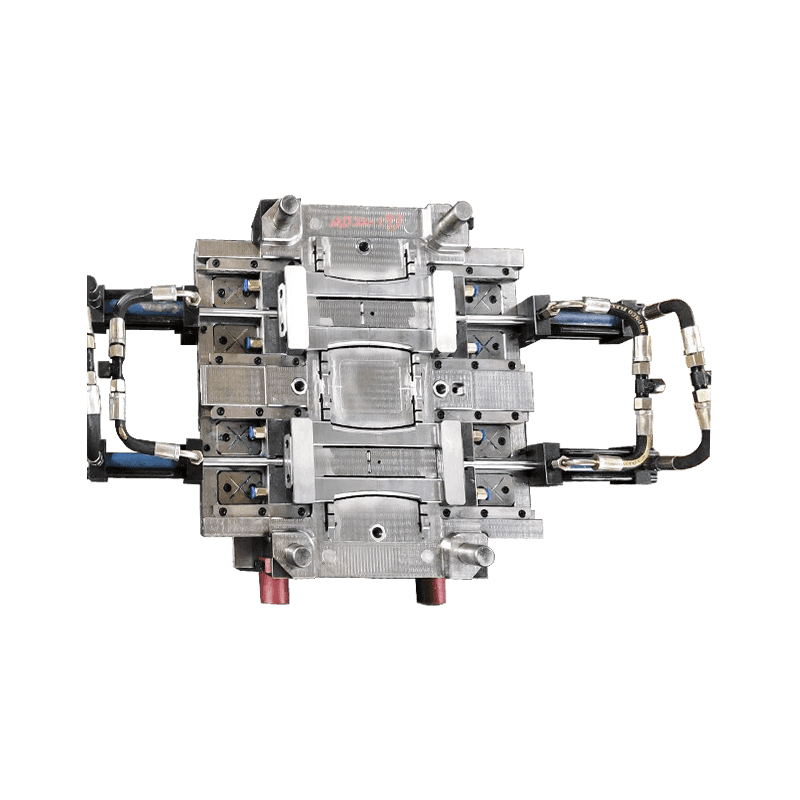
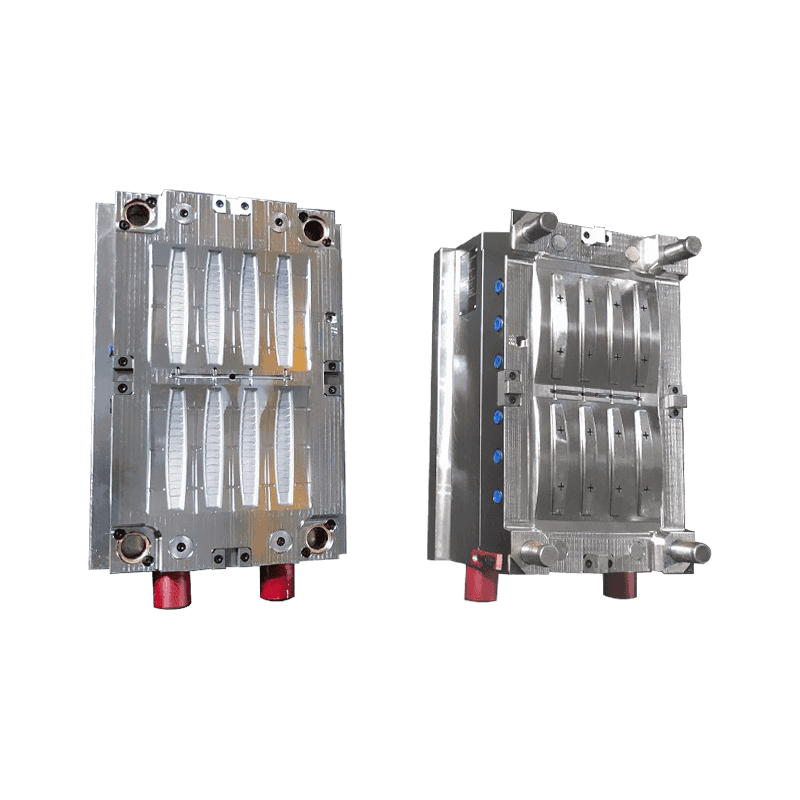
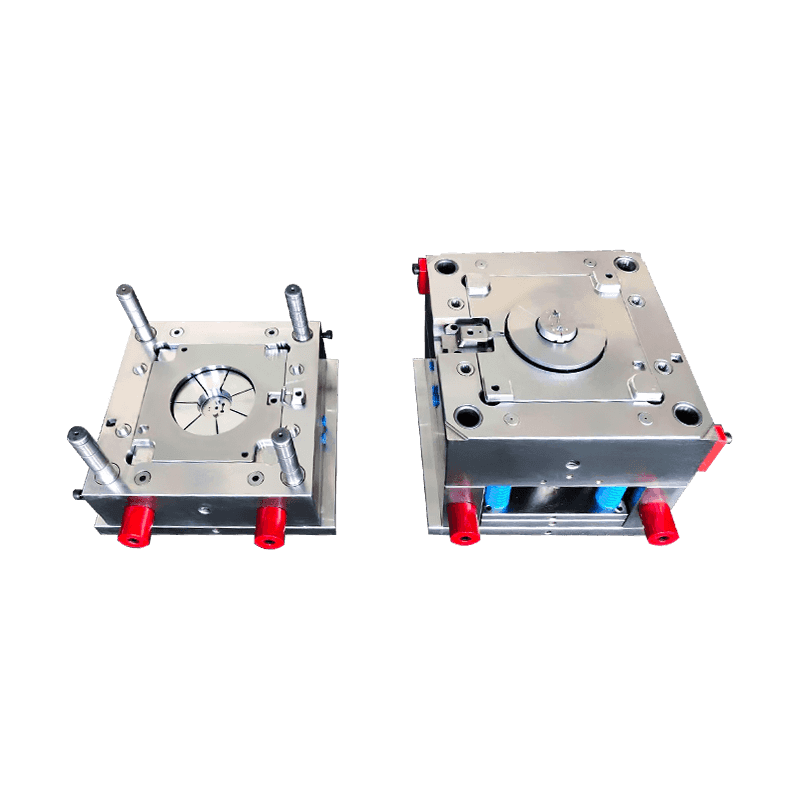
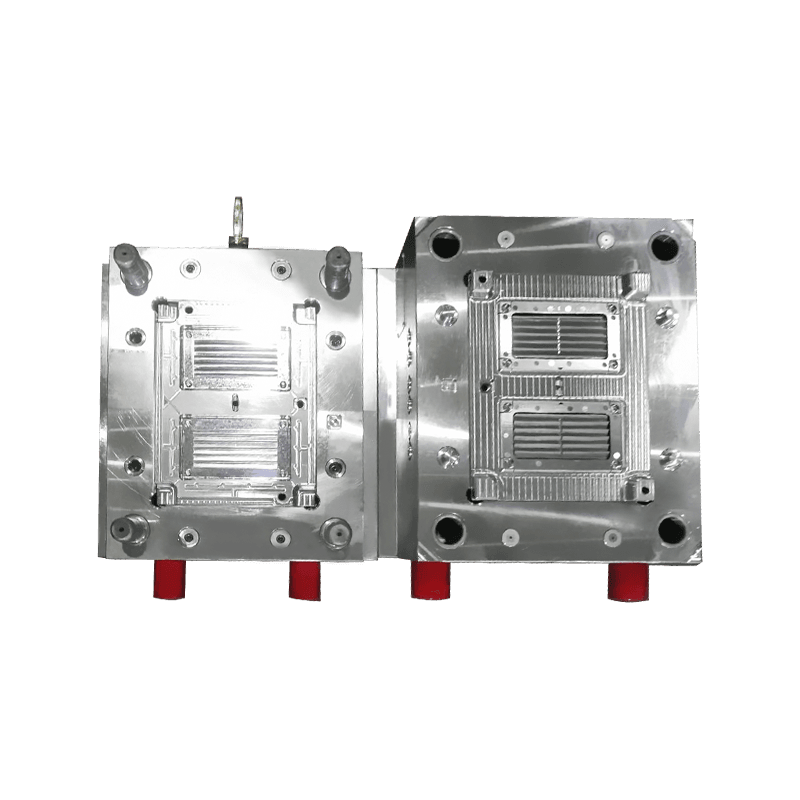
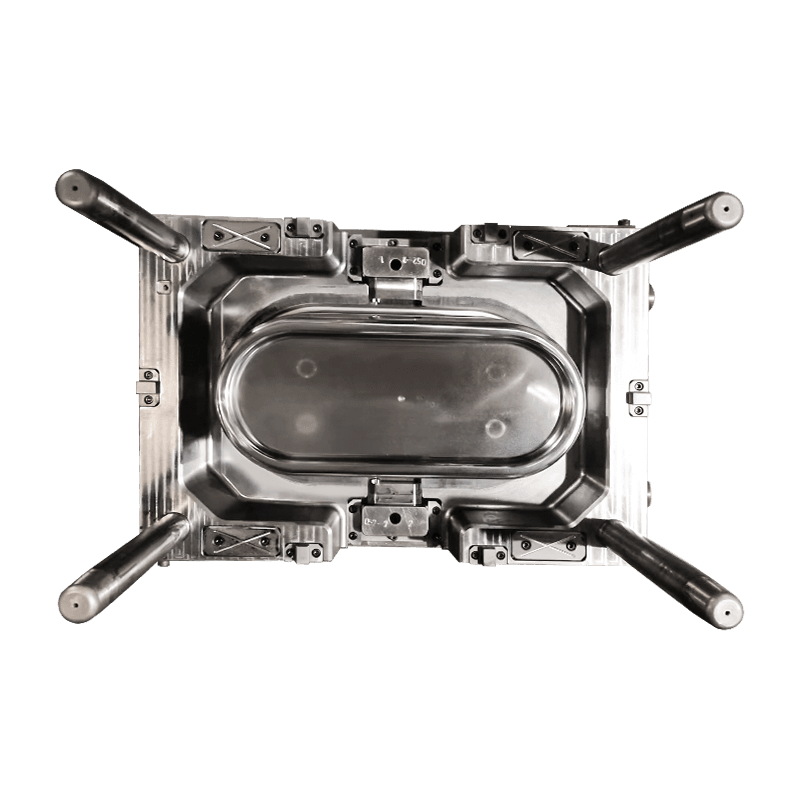
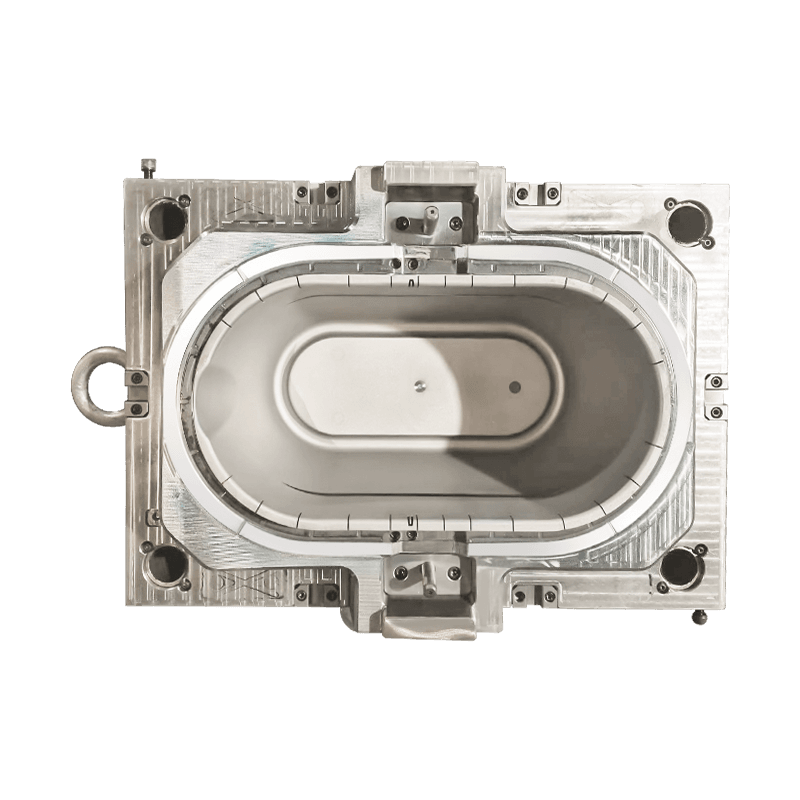
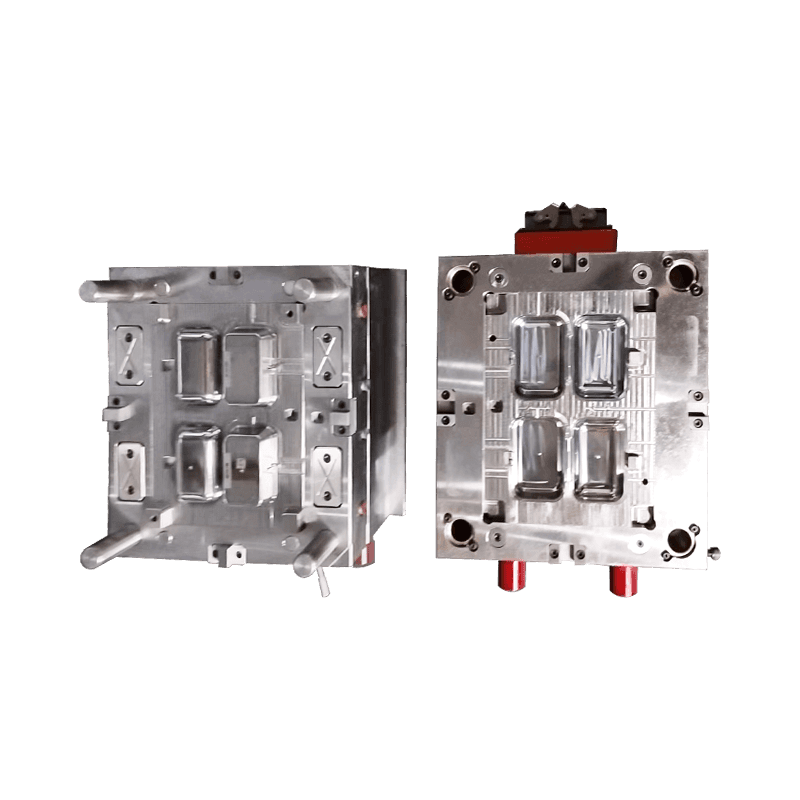
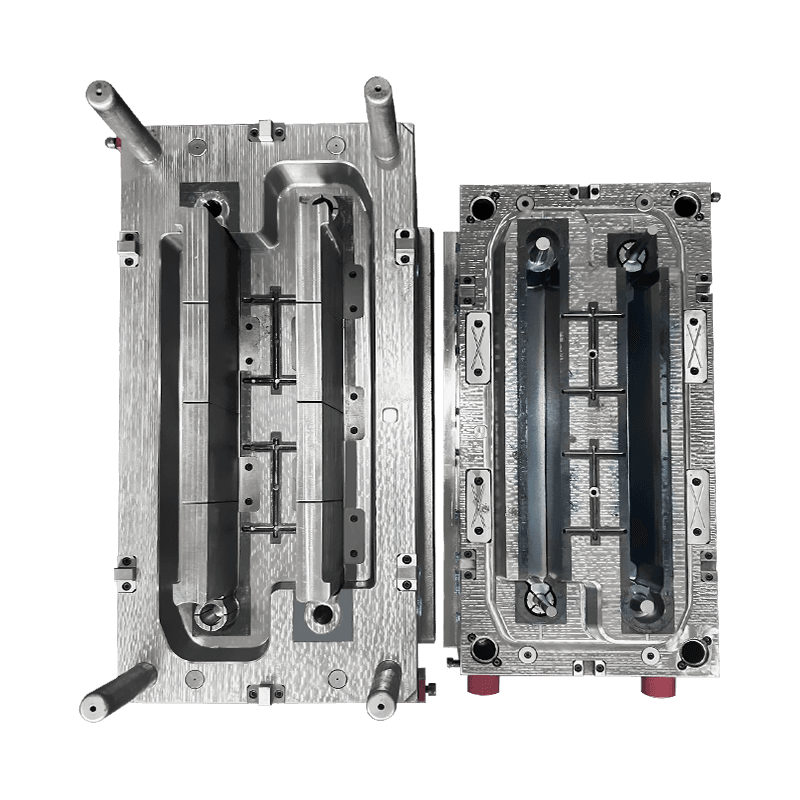




Contact Us